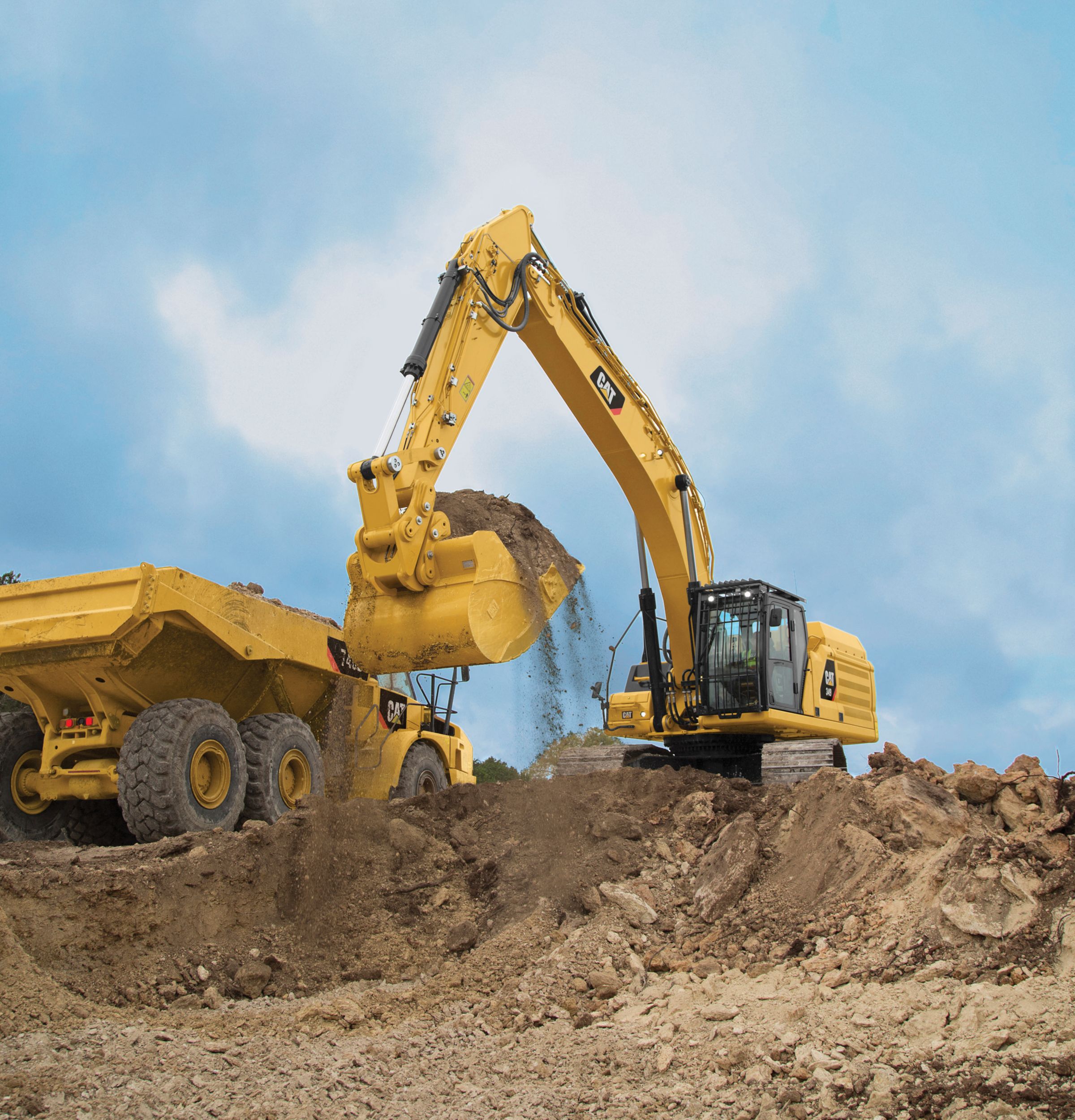Heavy Equipment Rental: High-Quality Machinery for Lease
Heavy Equipment Rental: High-Quality Machinery for Lease
Blog Article
Renting Vs. Purchasing Construction Equipment: Making the Right Selection for Your Task
When getting started on a construction job, one of the crucial decisions that forecast supervisors and stakeholders deal with is whether to acquire or rent out building and construction tools. The decision hinges on different aspects such as price considerations, project duration, equipment maintenance, flexibility, scalability, and risk management.
Cost Considerations
When evaluating the economic aspect of renting versus buying construction equipment, the long-lasting costs and in advance expenses must be meticulously considered. Renting tools often calls for reduced initial repayments compared to buying, making it an attractive option for temporary projects or contractors with budget plan restraints. Renting gets rid of the demand for large resources outlays and minimizes the financial danger connected with equipment ownership, such as maintenance and depreciation costs. Nevertheless, in the lengthy run, continually renting out equipment can collect greater costs than buying, specifically for prolonged jobs.
On the other hand, getting construction tools includes greater upfront costs yet can result in long-term cost savings, particularly for constant customers or long-term jobs. Owning equipment provides adaptability, ease, and the capacity for resale value once the job is finished. In addition, owning tools permits personalization and familiarity with certain equipment, possibly increasing performance and efficiency on-site. Inevitably, the choice in between renting out and getting building tools rests on the job's duration, regularity of use, spending plan considerations, and long-lasting economic objectives.
Task Period

On the other hand, for long-lasting projects or ongoing construction job, getting tools can be the much more economical choice. Acquiring devices can bring about cost financial savings over time, especially if the equipment will be regularly utilized. In addition, possessing tools gives a feeling of control over its schedule and enables customization to fit particular job needs.

Tools Maintenance
Provided the crucial duty project period plays in identifying one of the most economical approach in between buying and renting out building and construction equipment, the emphasis currently moves in the direction of taking a look at the necessary facet of devices maintenance. Correct maintenance is crucial for making certain the ideal performance and long life of building and construction equipment. Leasing tools frequently comes with the advantage of having properly maintained machinery provided by the rental firm. This can reduce the worry of upkeep jobs from the project proprietor or contractor, conserving time and effort. On the various other hand, possessing devices needs a proactive approach to these details upkeep to stop breakdowns, make certain security, and prolong the equipment's life-span. Regular assessments, maintenance, and timely fixings are needed to keep owned devices in leading functioning problem. Consider upkeep prices when deciding between renting and buying, as ignoring upkeep can result in expensive repairs, downtime, and task hold-ups. Eventually, a properly maintained building and construction equipment fleet, whether leased or owned, is crucial for the effective and reliable completion of construction tasks.
Flexibility and Scalability
In the realm of building tools management, the facet of flexibility and scalability holds substantial value for project efficiency and resource application. Opting to rent construction equipment gives a high degree of flexibility as it allows for the fast change of tools kinds and amounts based upon the evolving demands of a task. Renting out enables professionals to access a wide variety of specific equipment that might be required for certain tasks without the lasting commitment Recommended Site of ownership. This versatility is specifically helpful for tasks with differing needs or unpredictable durations (forklift rental).
Additionally, scalability, another critical element, is inherently connected to flexibility. Leasing building and construction devices uses the benefit of easily scaling operations up or down as project needs rise and fall. Professionals can rapidly trade or add equipment to match the task's altering needs without the restrictions of possessing properties that might end up being underutilized or outdated. This capacity to scale sources effectively can result in price savings and enhanced project timelines, making leasing a beneficial option for tasks needing versatility and responsive source appropriation.
Danger Monitoring
Effective danger monitoring in building devices procedures is vital to making certain project success and mitigating prospective financial losses. Building tasks inherently entail various threats, such as tools malfunctions, accidents, and task hold-ups, which can dramatically affect the job timeline and budget plan. By meticulously thinking about the threats linked with owning or renting out construction equipment, project managers can make educated choices to reduce these potential risks.
Renting out building and construction tools can provide a degree of risk mitigation by moving the obligation of repair and maintenance to the rental company. This can reduce the financial burden on the task owner in case of unexpected devices failures (mini excavator rental). Furthermore, renting supplies the versatility to access customized tools for specific job stages, reducing the risk of possessing underutilized machinery
On the various other hand, owning building and construction devices supplies a feeling of control over its usage and maintenance. However, this also indicates bearing the full obligation for repairs, upkeep expenses, and devaluation, increasing the monetary threats related to devices ownership. Careful risk assessment and consideration of variables such as job period, tools usage, and upkeep demands are critical in establishing the most ideal option for efficient danger monitoring in construction tasks.
Verdict
To conclude, when determining between renting out and purchasing construction tools, it is essential to take into consideration expense, task period, tools maintenance, danger, scalability, and versatility administration. Each factor plays a vital duty in figuring out the most suitable option for the task available. By carefully assessing these elements, task supervisors can make an enlightened decision that lines up with their spending plan, timeline, and total project goals.

Report this page